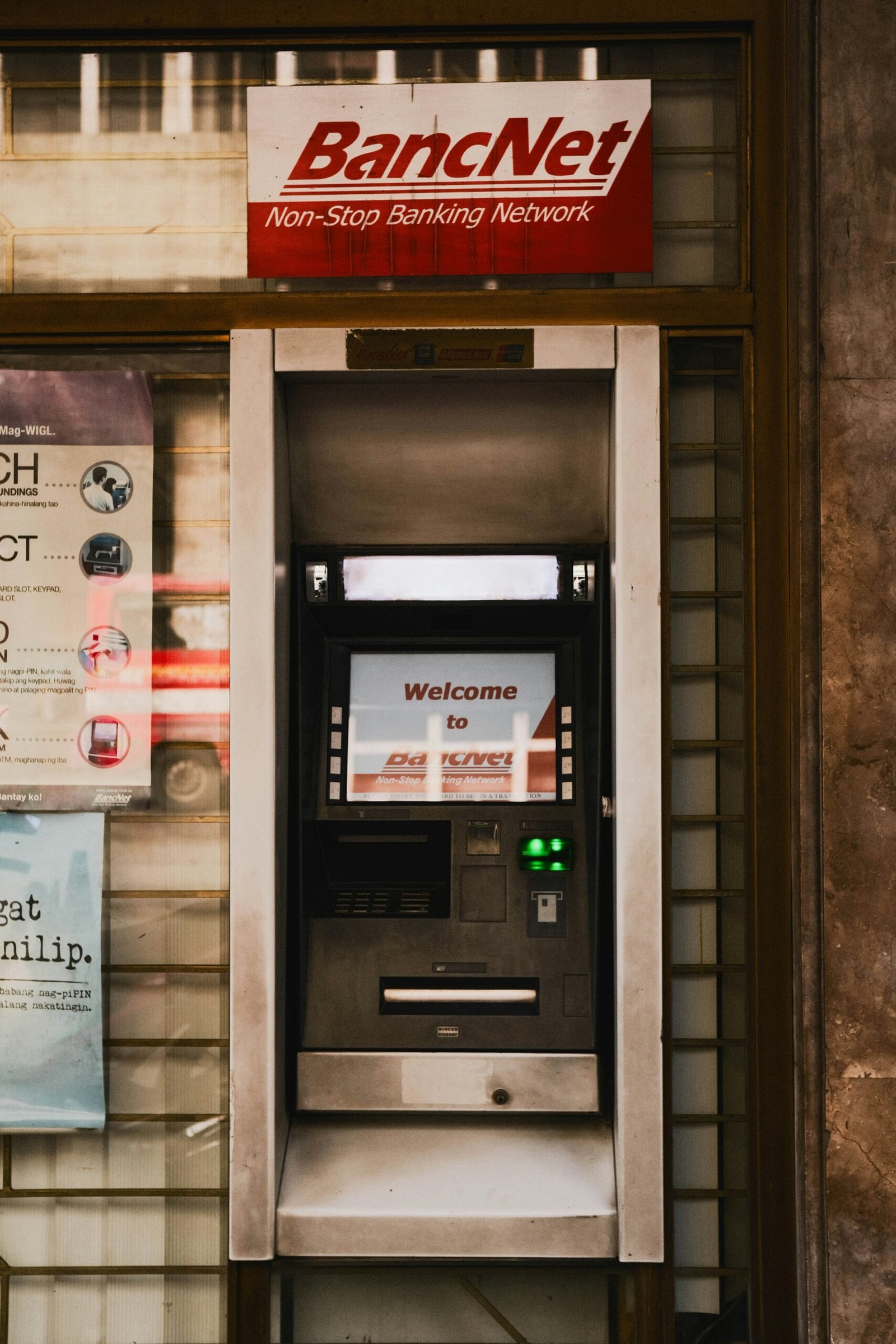Navigating Your Finances: The Critical Importance of Personal Finance Apps in 2024!
The Benefits of Using Personal Finance Apps for Budgeting
Indeed, personal finance apps in 2024 have become essential technology. Money stress is real, and in today’s fast-moving financial world, it’s easy to feel overwhelmed or unsure about where your money is actually going. That’s where personal finance apps quietly make a powerful difference. They help users budget more effectively by turning everyday transactions into a clear, real-time financial picture. Instead of guessing or manually tracking expenses, users can see their spending as it happens. These apps are designed to work smoothly without clogging the system, keeping everything fast, organized, and reliable so users can stay on top of their financial activities without frustration.
What truly makes these apps impactful is automatic transaction classification. This feature groups spending into clear categories, helping users emotionally connect their habits with real outcomes. Suddenly, unnecessary expenses become obvious, and areas for improvement stand out naturally. That awareness builds confidence and control, allowing users to make smarter financial decisions over time. Built on trusted financial data, expert-backed systems, and secure technology, personal finance apps don’t just track money. They reduce stress, spark curiosity, and empower users to take charge of their financial future.
Personal finance apps in 2024 have several advantages. They help individuals set their financial goals. For instance, in personal finance, a user can set a goal of saving money for a holiday. They can also set a goal to clear certain debts. Then, the app, knowing the user’s goal, will provide specific advice. Tailoring sets not only accountability but motivation by displaying how much progress one has made regarding the financial goals set.
Case Studies: Transformative Impact of Personal Finance Applications
Case studies are the basis of how personal finance applications can be transformative. A user had substantial credit card debt. He used the budgeting application to allocate better. As a result, he reduced his debt by 30% within six months. These testimonials show the potential change these applications can bring. They pave the way for bigger financial adjustments to begin.
These applications in personal finance will usually contain visualization features. These include graphs and charts that can make users more active. Most of these graphical elements will help users understand complex financial data instantly, with decisions based on it. This can be especially helpful for people who find numbers and spreadsheets confusing. They translate data into accessible and understandable formats.
Integrating personal finance applications into your everyday financial life can greatly enhance budgeting effectiveness. It makes the process easier. It encourages the benefits that accompany goal setting. In addition, it provides visual guides. As a result, users have an opportunity to control finances and strive towards stability and security.
Improving Financial Literacy Through Personal Finance Apps
Today, personal finance apps take center stage in the digital era. They are useful tools for improving personal finance literacy among users. These applications will help users monitor expenditures. They will also improve budget management. In addition, they provide knowledge and information to demystify complex financial concepts. Most personal finance apps include extensive tutorials in budgeting, helping users understand how to manage their money efficiently and effectively.
Most of them come with personal spending analysis tools to show users how they spend their money. By examining a clear visualization of earnings versus spending, one can quickly identify areas to reduce expenses. This helps to save more. Interactive approaches are consequently helpful in helping people understand their finances and motivate action towards the improvement of their financial positions.
Empowering Diverse Users Through Personal Finance Apps
Personal finance apps also cater to diverse audiences to whom such information will become useful. For example, first-time users receive simple guides. They harvest key principles of finance from these guides without much complicated jargon. Further, most apps give personalized insights based on an individual’s spending habits. Consequently, they enhance user experience and support informed decision-making.
Real-life examples detail how these applications affect financial literacy. Take, for example, a college student using an application to track her expenses. She accessed educational tools and tutorials. They taught her how to create a budget and manage her student loans. The tools also helped her to save for upcoming expenditures through the application. The result was increased confidence in her financial skills and a proactive attitude towards her finances.

Personal finance apps teach an individual how to manage daily financial activities, both practically and theoretically. This goes beyond the knowledge developed in making decisions. In this regard, constant education provides essential input toward elevating one’s level of financial literacy within fast-paced current affairs.
Key Features to Look for in Personal Finance Apps in 2024
Users are increasingly depending on different mobile apps in personal finance to keep track of their financial well-being. It is, therefore, important that they gain an understanding of how different features improve the effectiveness of such applications. In 2024, users would expect full functionality of real-time financial tracking applications through applications that allow spontaneous updates of spending and balance in the accounts. This feature not only keeps a person abreast of his finances but also helps in making timely decisions to adapt spending habits to suit conditions appropriately.
More importantly, integration with bank accounts also becomes important. The ease of being able to immediately connect directly with banks facilitates an understanding of where the money comes from and goes. It all just boils down to this: apps that can synchronize transactions from multiple accounts streamline the tracking of one’s income and expenses. Rather than doing the hard work of manually entering information, having many banking accounts online will give one a much more integrated perspective on personal finances.
AI-Powered Insights: Revolutionizing Personal Finance Management
AI-powered insights are also on the rise with personal finance applications. They look at spending patterns and suggest areas where one can save better. They can even offer advice towards one’s financial goals. Use ML algorithms in such applications to enable users to be proactive rather than reactive to their financial situations.
Budgeting tools can be the difference between achieving financial control and not. The ability to set goals, categorize spending, and adhere to the budgeted plans plays a crucial role in long-term financial success. Choose an app that gives you simple, interactive features of budgeting so that you may change your budgets based on the ever-changing situation.
Security measures should never be compromised. The application should have better encryption technology to protect personal information and transaction information. Additionally, user-friendliness enhances the whole system. A minimalist design in a manner that all the features are accessible means it caters to different capabilities in handling technology.
These key features may turn out to be the critical markers for determining which personal finance apps are best for individuals’ needs and goals in the coming year.
The Future of Personal Finance Apps: AI, Security, and Debt Management
As we move further into 2024, personal finance apps are set to undergo a significant transformation driven by advancements in artificial intelligence (AI), enhanced security features, and more robust debt management capabilities. AI plays a crucial role in improving the functionality of these applications, enabling them to offer features such as real-time tracking of expenses, predictive budgeting, and tailored financial guidance. These advancements allow users to gain better insights into their spending habits and make informed decisions that positively impact their overall financial well-being.
One of the most exciting developments in the realm of personal finance apps is the incorporation of predictive analytics. By analyzing historical data, AI can forecast future spending patterns and suggest monthly budgets that align with a user’s financial goals. This proactive approach not only enhances the user experience but also encourages disciplined financial practices. Users can receive personalized recommendations on savings strategies and investment opportunities, making financial planning more accessible and manageable than ever before.
Ensuring Security in Personal Finance Apps: Safeguarding User Trust
However, with the increase in digital transactions comes a heightened concern for security. Personal finance apps must prioritize robust security features to safeguard sensitive user information. Implementing multi-factor authentication, end-to-end encryption, and advanced fraud detection systems is essential to ensuring user trust. By focusing on security, these applications can provide a safe environment for managing personal finances, allowing users to take full advantage of the tools and insights offered without fear of data breaches.
Moreover, these personal finance applications can serve as critical allies in debt management and retirement planning. Users can set reminders for bill payments, track outstanding debts, and visualize their repayment progress. Additionally, retirement planning tools powered by AI can analyze individual savings accounts and suggest optimal investment strategies, ensuring users are better equipped for their future. As we look ahead, personal finance apps are poised to become indispensable financial resources for modern consumers.
Frequently Asked Questions About Personal Finance Apps in 2024
1. What is the best personal finance app?
The best personal finance app depends on your needs. Some apps focus on budgeting, others on saving or tracking subscriptions. A great app should be easy to use, secure, and give you real-time visibility into your spending habits.
2. What is the best personal finance software for 2025?
In 2025, the best personal finance software combines AI-driven insights, automatic expense categorization, and real-time tracking. Users are leaning toward smart tools that simplify budgeting and provide actionable suggestions rather than just raw numbers.
3. Which is better, Emma or Snoop?
Emma is better for users who want strong budgeting controls and subscription tracking, while Snoop is ideal for those who enjoy personalized money-saving tips and insights. The better option depends on whether you prefer control or guidance.
4. What is the number one finance app?
There is no single number-one app for everyone. The top finance app is the one that fits your lifestyle, feels intuitive, and helps you consistently manage money without stress or confusion.
5. Which finance app is best for beginners?
Beginners should choose apps with simple dashboards, automatic transaction tracking, and clear spending categories. Apps that don’t overwhelm users with complex charts are usually the best starting point.
6. What is the 50/30/20 rule budget?
The 50/30/20 rule divides income into three parts: 50% for needs, 30% for wants, and 20% for savings. Many personal finance apps support this method automatically, making budgeting easier and more structured.
7. Are free personal finance apps safe to use?
Yes, most free personal finance apps are safe if they come from trusted providers. Always check security features like encryption, privacy policies, and permissions before linking your financial accounts.
8. What is a smart finance app?
A smart finance app uses AI to analyze spending, predict habits, and suggest improvements. Instead of just tracking money, it helps users make better decisions, reduce unnecessary expenses, and feel more in control financially.






